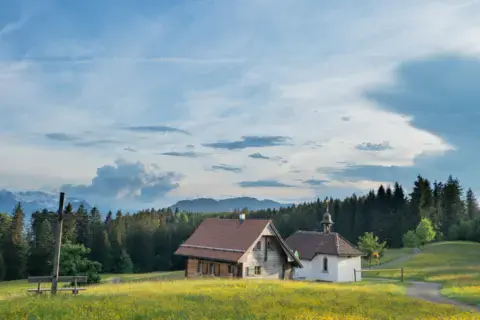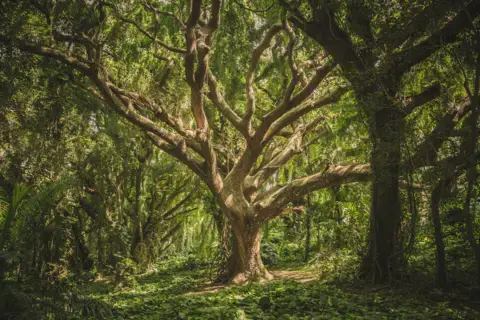Lugar Tagalog Word
Delve into "lugar," emphasizing space and setting in Tagalog narratives, exploring geographic identity and environmental context.

"Lugar" is a Tagalog noun that translates to "place" or "location," referring to specific areas, settings, or environments within geographical or contextual confines. It encompasses spatial concepts regarding where events occur, things are placed, or activities are situated. An example sentence could be, "Mahilig akong pumunta sa iba't ibang lugar," meaning "I love going to different places," indicating exploration.
In storytelling, "lugar" enriches narratives centered on spatial dimensions, setting, or geographical dynamics, highlighting contextual frameworks incorporating experiential or environmental aspects of stories. It supports dialogues contextualizing interactions or dynamics influenced by setting-oriented examinations, spatial clarity and perception guiding narrative depth. Conversations using "lugar" ground narrative engagement emphasizing spatial elements, experiences, or interactions defining setting, orientation, and exploration.
Culturally, "lugar" aligns with Filipino perspectives on setting, context, or heritage environments shaping community narratives, fostering familiarity, settlement, and cultural identity in shared spaces. It underscores spatial awareness, environmental respect, and relational adaptability integrating cultural narratives within geographical contexts. Dialogues engaging "lugar" advance understanding anchored in space, spatial exploration, and situational contexts revered across Filipino community bonds and geographical narratives.
" It encompasses spatial concepts regarding where events occur, things are placed, or activities are situated. "
Lugar Word Details
- Parts of Speech: Noun
- Hyphenation: lu-gar
- Baybayin: ᜎᜓᜄᜇᜈ᜔
- Pronunciation: loo-gahr
- Intl. Phonetic Alphabet: luˈɡar

Lugar in a Sentence
Random Tagalog Words

